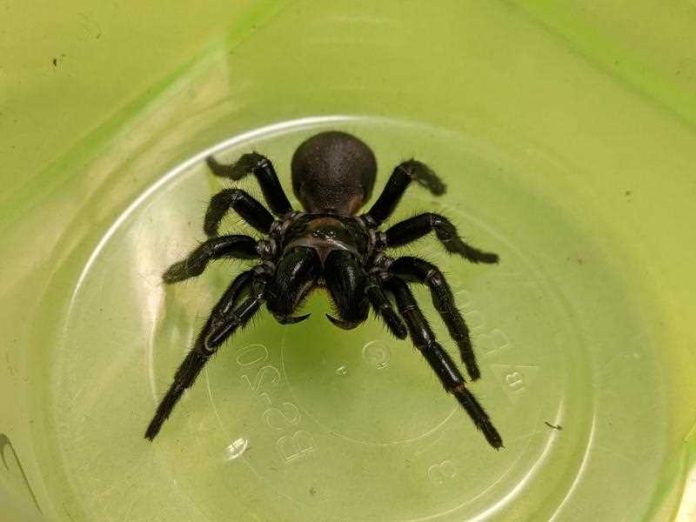A venom from a hair spider that lives on Fraser Island could soon be used to save lives.
Australian scientists have developed a drug candidate from a molecule in the venom of the Fraser Island funnel-web spider to prevent damage caused by heart attacks.
Ordinarily the funnel web spider could kill you within hours but soon it could be saving people.
The discovery was made by a team led by Dr Nathan Palpant and Professor Glenn King from The University of Queensland and Professor Peter Macdonald from Sydney’s Victor Chang Cardiac Research Institute.
Dr Palpant said the drug candidate, a protein called Hi1a, worked by stopping a ‘death signal’ sent from the heart after an attack when blood flow to the organ was reduced.
“The lack of oxygen causes the cell environment to become acidic, which combine to send a message for heart cells to die,” he said.
Like stories that inform, connect and celebrate the region? So do we. Join an independent local news revolution by subscribing to our free daily news feed: Go to SUBSCRIBE at top of this article to register
One of the reasons why heart disease continues to be a leading cause of death globally is because no one has been able to develop a drug that stops this death signal.
“The Hi1a protein from spider venom blocks acid-sensing ion channels in the heart, so the death message is blocked, cell death is reduced, and we see improved heart cell survival,” he said.
Professor Macdonald said the discovery could not only help heart attack survivors but increase the number and improve the quality of donor hearts, giving hope to those waiting on the transplant list.
“Usually, if the donor heart has stopped beating for more than 30 minutes before retrieval the heart can’t be used,” he said.
“Even if we can buy an extra 10 minutes, that could make the difference between someone having a heart and someone missing out.”
The discovery builds on earlier work by Professor King, who identified a small protein in the venom of the spider that markedly improves recovery from stroke.
The protein has been tested in human heart cells and the team is aiming for human clinical trials for both stroke and heart disease within two to three years.
There are currently no drugs in clinical use that prevent the damage caused by heart attacks.
The research was published in the scientific journal Circulation.





